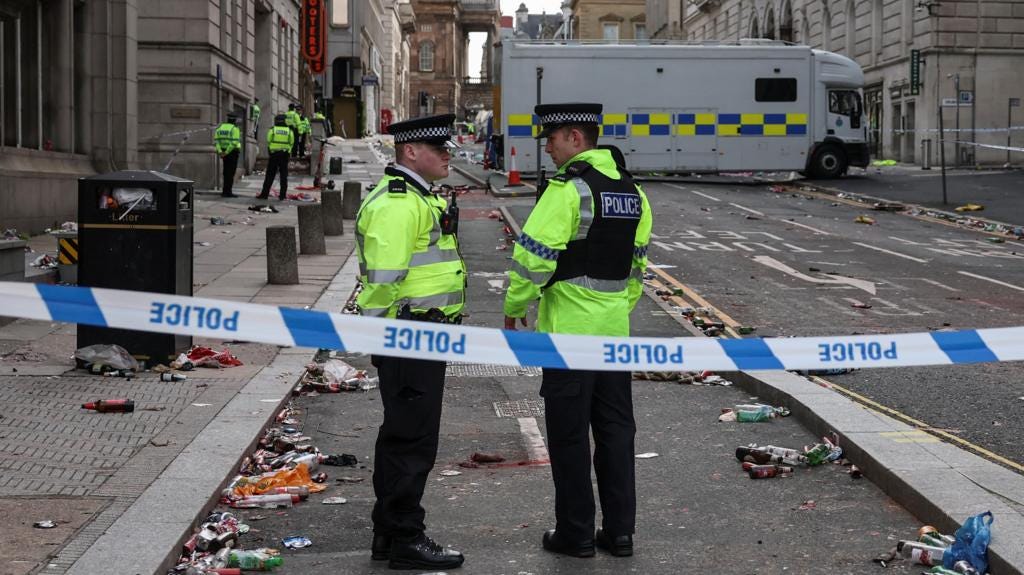What the Liverpool Incident Tells Us About the New Culture War
The populist right's response wasn’t about victims - it was about narrative control. And it’s becoming their only move.

As a rule, I don’t react immediately to large scale mass casualty incidents. Not because I don't care - but because I know what I am: a social media commentator, miles away from the scene, with no more access to facts than anyone else scrolling through fragments and guesswork.
In those first chaotic hours - when even the polic…


